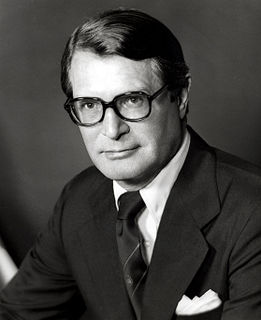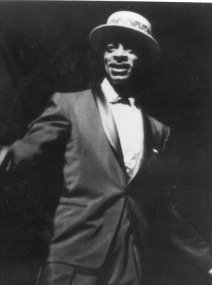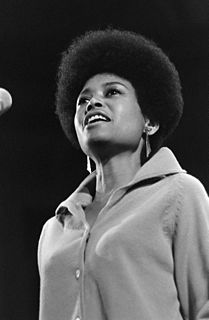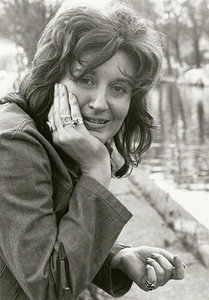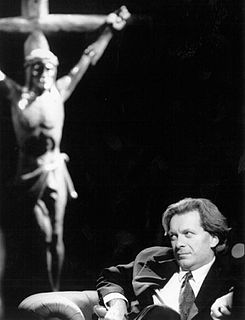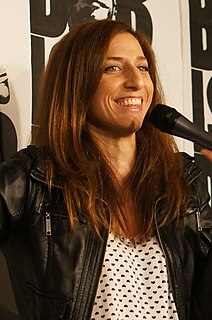A Quote by Elliot Richardson
It often seemed like we had become a nation where the only heroes were rock singers and ball players and that there were no large men of probity who could be called upon for the task.
Related Quotes
I think we did our first session in 1958. There were no black background singers - there were only white singers. They weren't even called background singers; they were just called singers. I don't know who gave us the name 'background singers,' but I think that came about when The Blossoms started doing background.
[In 1951] we were also told that the Russians could be parachuting from planes over our town at any time. These were the same Russians that my uncles had fought alongside only a few years earlier. Now they had become monsters who were coming to slit our throats and incinerate us. It seemed peculiar. Living under a cloud of fear like this robs a child of his spirit. It's one thing to be afraid when someone's holding a shotgun on you, but it's another thing to be afraid of something that's just not quite real.
In vocal choreography you had to give a lot of consideration to the fact that you were working with singers and not dancers. But you had to make singers look like they were dancers, and to make the movements as natural as possible, and there to be an association with the movement, uh, somewhat to what the lyric was saying.
Vowels were something else. He didn't like them and they didn't like him. There were only five of them, but they seemed to be everywhere. Why, you could go through twenty words without bumping into some of the shyer consonants, but it seemed as if you couldn't tiptoe past a syllable without waking up a vowel. Consonants, you know pretty much where you stood, but you could never trust a vowel.
I remember the Chillicothe ballplayers grappling the Long Island ball players in a sixteen-inning game ended by darkness. And the shoulders of the Chillicothe players were a red smoke against the sundown and the shoulders of the Rock Island players were a yellow smoke against the sundown. And the umpire's voice was hoarse calling balls and strikes and outs and the umpire's throat fought in the dust for a song.
Heroes didn't leap tall buildings or stop bullets with an outstretched hand; they didn't wear boots and capes. They bled, and they bruised, and their superpowers were as simple as listening, or loving. Heroes were ordinary people who knew that even if their own lives were impossibly knotted, they could untangle someone else's. And maybe that one act could lead someone to rescue you right back.
writing had to take the form of journalism. Not for me the Shangri-la of fiction. The rewards, if any, would have been too little and too late, the bailiffs were at the door. ... Two large bailiffs, they were, who visited frequently and smiled like grand pianos, the only really reliable men in my life. They told me what they were going to do and if they did it, woe was me.
